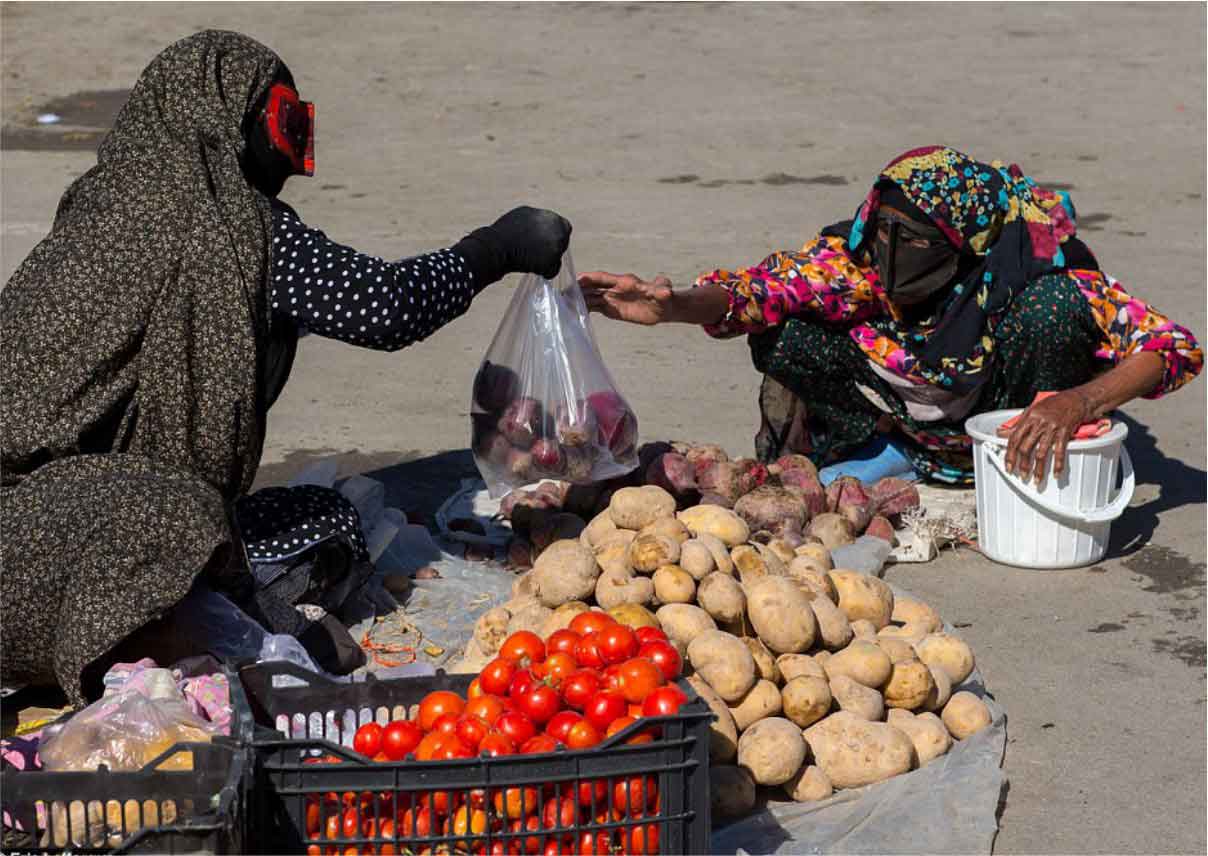
Why are Muslim Societies Underdeveloped?
When I was young, I little wondering why my teacher always toughs me about the glorification of Islamic history and not depicted the recent situation of Muslim societies. My curiosity about the contrast between the two of them some have been incrementally answered when I grow up with pieces of literature. The answer I get is almost filled with the debate around the relations between Islam and modernity.
This is a big debate that attracted so many scholars both from Islam and the West. But the debate arouses around the framework of normative defence of Islam to counter the secular world. It's obvious when we read the work of Muslim intellects such as Jamaluddin Al-Afghani, Muhammad Abduh and Syed Qutb. The core idea of this debate is that Muslim society has to choose a different approach to achieve progressivity by encouraging Islamic ideology. But this kind of explanation or prescriptive narrative tends to eliminate the real conditions of Muslims themselves and must follow the ideal type of society.
I found another explanation from a contemporary scholar that provides a more realistic treatment. First of all, we must recognize the works by Talal Asad that contribute to the paradigm shift within Muslim society. He insists that the best way to understand the dynamic of Islam is not through the normative or interpretative point of view but through how traditions are created and circulated.
When he coined “Islam as discursive tradition” almost all Muslim intellectuals pay attention to this idea. Afterwards, the discussion about Islam and modernity is no longer stressed on the deductive mode of inquiry but more broadly accommodates the reality of tradition lived by Muslims.
In this vein, I would touch on the most current influential book that attaches fresh debate about the history of Muslim society. The book named “Islam, Authoritarian, and Underdevelopment: A Global and Historical Comparison,” was published in 2019. The Author, Ahmed T Kuru, criticize the existing explanation of why Islam is underdeveloped, especially from a colonialist and Islamic perspective.
He also tries to provide interesting explanations derived from class relations and the institutionalist approach. His main argument is that Muslim societies are not underdeveloped because of the false interpretation of Islam or the effect of colonialism but because of the alliance of the military-state with ulama that restricted the innovative power of society.
Kuru explores the historical account that captured the wane of the Islamic golden age. He argues that the militaristic model of state accompanied by the promotion of conservative ideas of religiosity thus brought Muslim society into stagnation both economically and culturally. This character of societal government persisted until now indeed. It’s true when we see the current condition of Muslim majority counties around the world.
Read also: Cultural Dimensions of Modern State and The Challenge of Muslim Countries
Penulis:
Editor: Erniyati Khalida




